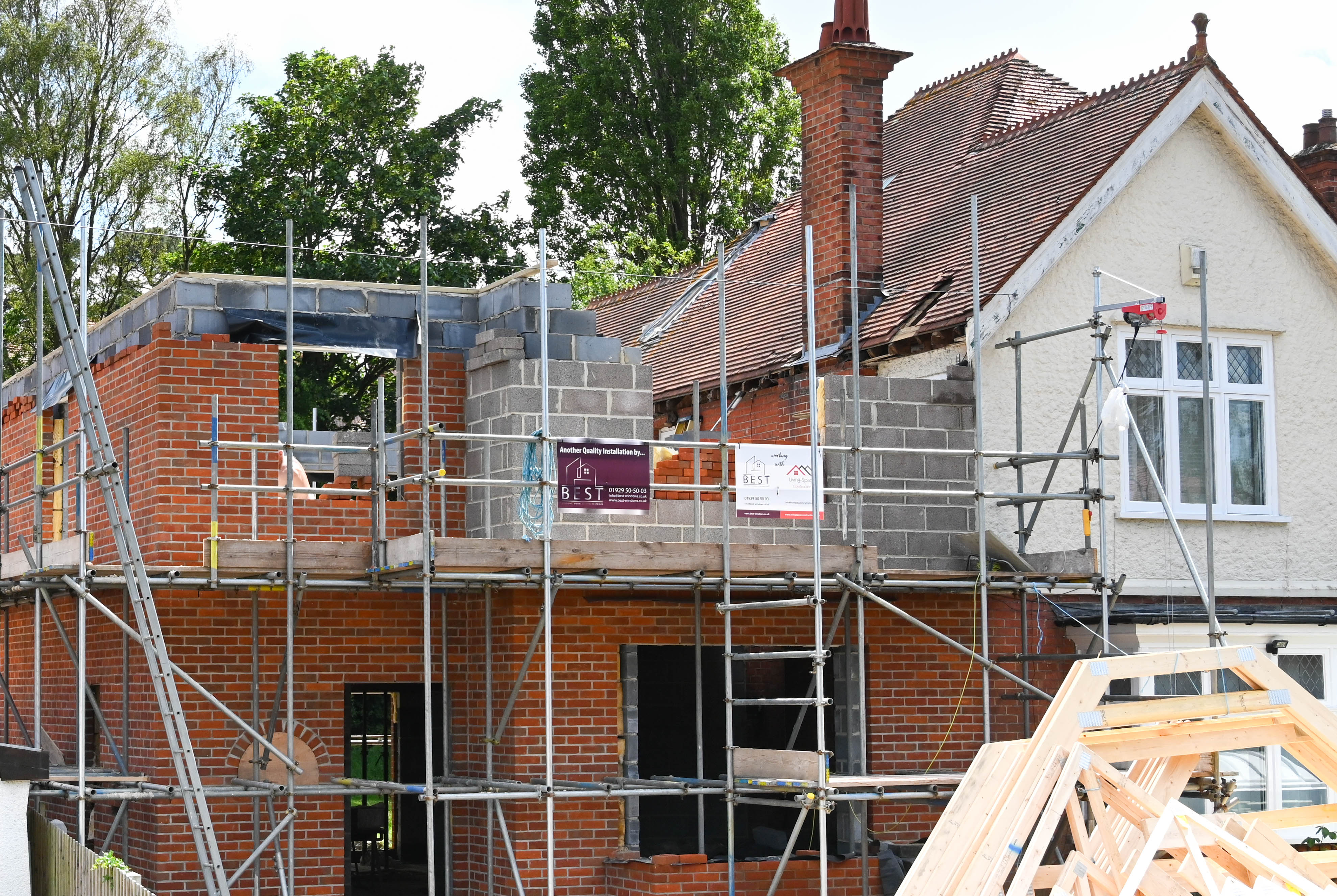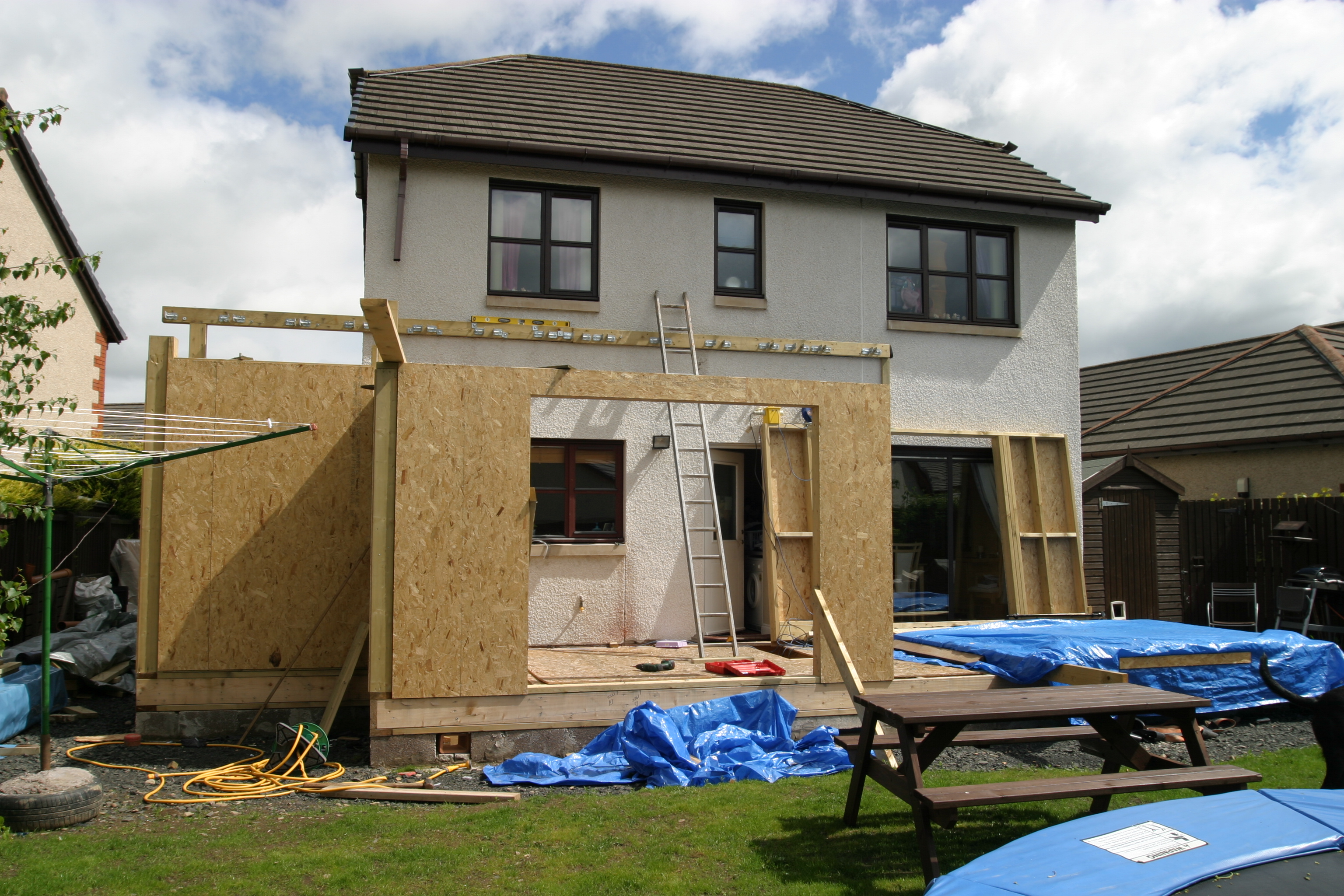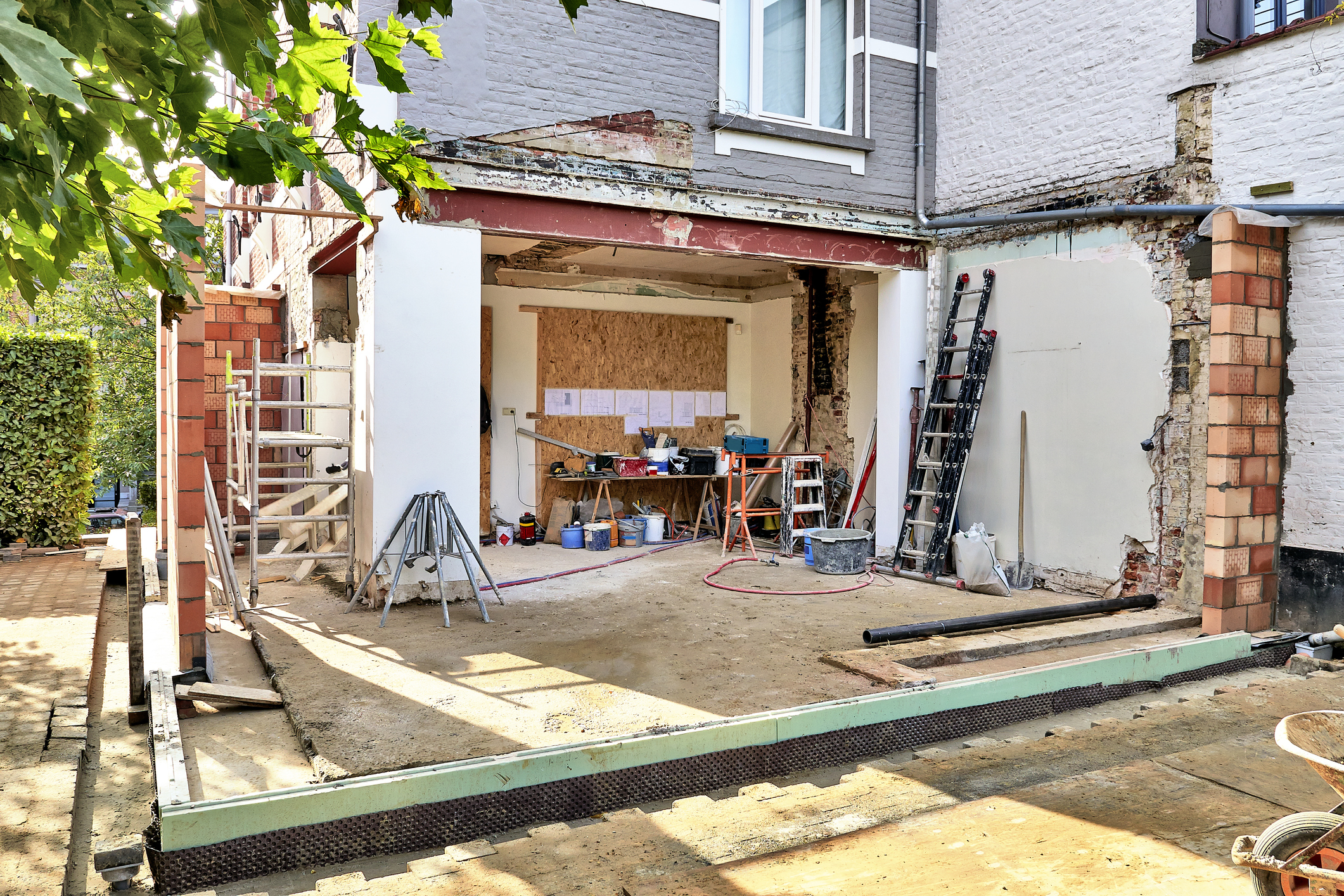A financial foundation: Does your house insurance cover your self-build project?
Far too many self-builders have their heads in the sand about insurance but ignore Structural Warranties and Site Insurance at your peril

Extending your home is a time-consuming process that forces you to juggle a number of factors, such as surveying, design, planning, building regulations, the tender process, and then the building work itself.
It is therefore tempting to bury your head in the sand when it comes to insurance and assume your ‘fully-insured’ builder has it under control, or just trust your standard building insurance to cover the cost of any loss.
But the stark truth is your home insurance may not cover you because most home insurance has an exclusion if you are altering the structure or doing works over £25,000. And bear in mind a Structural Warranty – an insurance policy designed to protect investors and homeowners from underlying structural defects that may arise following the completion of building work – is a lender requirement in the UK.

Don’t rely on contractors
Project managers and the builders you hire may not be aware of the specific type of insurance that should be in place at the beginning of a house extension project. All too often, insurance is only raised when a problem is encountered – for example weather damage, arson, or tool and plant theft – and then it’s too late.
Also, your builder may say they are ‘fully insured’ – and they probably believe it themselves – but it’s likely they only have public liability insurance to cover them in the event they cause damage or injury to a third party following a negligent act.
This liability insurance doesn’t cover issues like storm damage, arson, theft of materials or plant and equipment, or foreseen liability. It also is unlikely to protect you once your builder has finished the job and any problems with the workmanship or structural issues emerge.
Already have home insurance? It may not be enough
Never assume your extension will be covered under your existing home insurance because these policies are not designed to cover building projects.
Many policies specifically exclude alterations, renovations, extensions, and unoccupied properties. The issue hit the headlines when one couple’s building project was destroyed in a fire and their home insurer refused the claim. There have also been cases where basement extensions or work on a terraced home caused the building to collapse, affecting the neighbouring properties. These homeowners were personally liable for rebuilds as their home insurance didn't cover it.

What sort of Structural Warranty and Site Insurance policy should I look for?
First, you need to check the insurance you are going to buy is backed by A-rated insurers. Your policy will need to cover your whole property while it is being extended or renovated as well as after the work has been completed. The policy should cover all the new works and materials.
You should opt for a package where tools and equipment left on site are also protected, and employers and public liability insurance is included. This means that anyone working on site is covered if they suffer an injury, or if damage is caused to a third party or their property.
Site Insurance and Structural Warranty policies that include all these aspects are available with specialist insurers like Self-Build Zone.
The right insurance policy will also cover the cost of defending or pursuing a claim should anything happen to a worker or family member while on-site during the construction.
Site Insurance should be arranged 30 days before work commences and cover the duration of the build.
Bring your dream home to life with expert advice, how to guides and design inspiration. Sign up for our newsletter and get two free tickets to a Homebuilding & Renovating Show near you.
